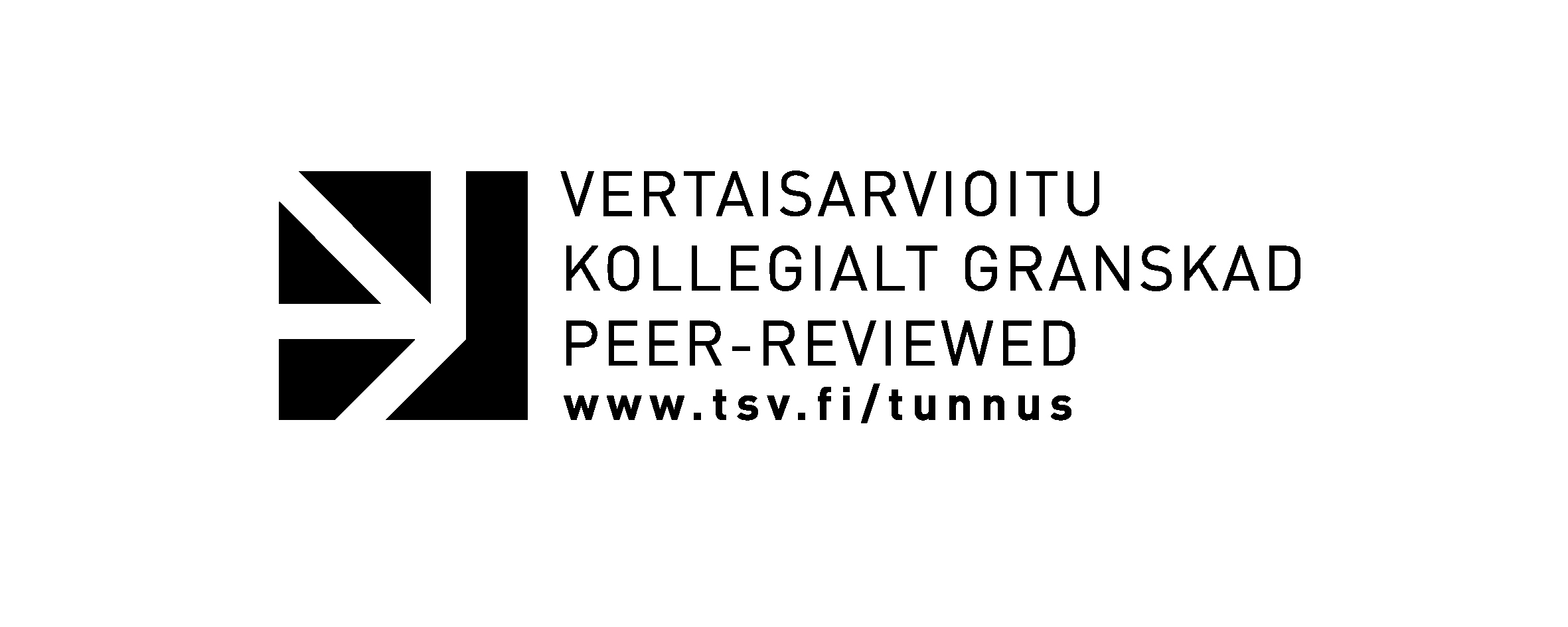“Is this an advertisement or a personal account?” – Commercialisation of lifestyle blogs in Finland
Keywords:
lifestyle blogging, surreptitious advertising, commercialisation, online ethnographyAbstract
When blogging first appeared on the map of social media in the mid-1990s, the majority of bloggers were male writing for example about the developments of the online world, or if they were political reporters, looking for a new platform to publish their perhaps more controversial work. Today many blogs fall into the category of lifestyle blogs, which have thousands, sometimes even tens of thousands of individual readers per month throughout the world. In fact, professional blogging is one of the fastest growing phenomena online. It is driven mostly by relatively young women and promoted by the commercialisation of the blogging world, also known by bloggers as “the blogosphere”.
During the past few years, lifestyle blogs have reached a point where one’s hobby has become – if not a full-time job – then at least a relevant part of professional lifestyle bloggers’ monthly income. The changes Finnish lifestyle bloggers have encountered as they have moved from personal diary-like entries towards corporate models of marketing and advertising have not taken place without their difficulties. Some blog readers criticise lifestyle blogs for becoming inauthentic market places without real content or integrity. There are also problems with the legislation that governs advertising in the blogosphere. The regulations have proven vague or difficult to carry out in social media, forcing professional lifestyle bloggers to defend their new trade not only against some of their readers but also in the eyes of the law.
In this article I examine the contradictions between bloggers and advertising: why is it that while many bloggers promote an open relationship towards advertising in their blogs, they do not fully appreciate the existence of some of the regulations or guidelines that control advertising in their blogs? I am interested especially in the intimate relationship bloggers have developed with their readers, which has been greatly underplayed in the previous studies on lifestyle blogging, as well as with the commercial world of marketing in the context of advertising. My ethnographic description also adds to the understanding of the commercial aspects of lifestyle blogging and of the professionalisation of the blogosphere. The research data include the blog posts of 20 professional lifestyle bloggers as well as an ethnographic description of the Finnish blogosphere online. The research materials are analysed by using contextualised thematic analysis.







